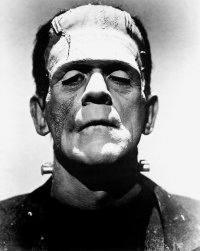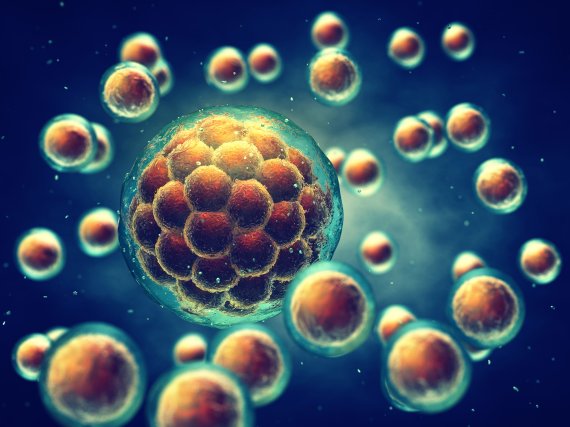
Frankenstein will be discussed on the third day of the Science Week. Actor Boris Karloff played Frankenstein’s monster in the 1931 movie.
Professor of Philosophy Marcel Verweij, who is on the centenary symposia and conferences committee, didn’t take long to come up with his preferred topic for the Science Week. ‘For a philosopher, of course, the question of life is one of the big issues.’ But quite apart from the philosophical aspects of it, you can also approach the theme ‘What’s life?’ very empirically, says Verweij. ‘To what extent can we make the move from inorganic matter to living material ourselves? That fascinates me. Especially because this is about the limits of our knowledge. Scientists love to talk about what they know. But it is much more exciting to know what we don’t know yet, and might never be able to know. I hope that is what we shall talk about.’
J. Craig Venter
The Science Week is a three-day event in which a different aspect of life will be addressed each day. On the first day, 12 March, the focus will be on the question of what exactly life is. How did life arise, and where does the border lie between life and death? The main guest speaker on that day is Karen Nelson, director of the famous American J. Craig Venter Institute.
The topic of the second day will be biomimicry: what can we learn from nature? When you are looking for answers to questions it can be smart to imitate nature. The speakers on this day include alumnus David Lentink of Stanford University, who worked in the WUR Experimental Zoology group until a few years ago. He is an expert on natural fight movement.
Crispr
The third and final day revolves around manipulating genetic material. New techniques such as Crispr-Cas and gene drives open doors to amazing applications for literally changing life forms. Speakers who will share their perspectives include the Wageningen Crispr-Cas pioneer John van der Oost. The focus of the final evening will be Frankenstein, the famous book by Mary Shelley which came out precisely 200 years ago.
A lecture on Frankenstein will be given by Philip Ball, an American, a former editor of Nature, and the writer of the book Unnatural: the heretical idea of making people’. Together with the audience, Ball will ponder the extent of scientists’ responsibility for their discoveries.


